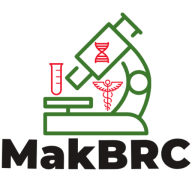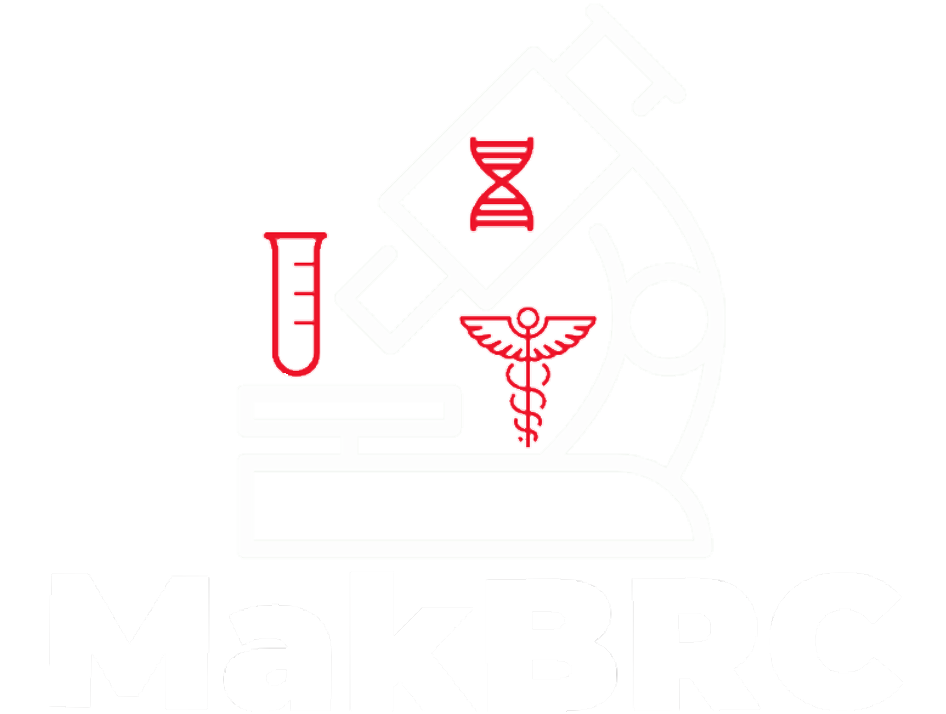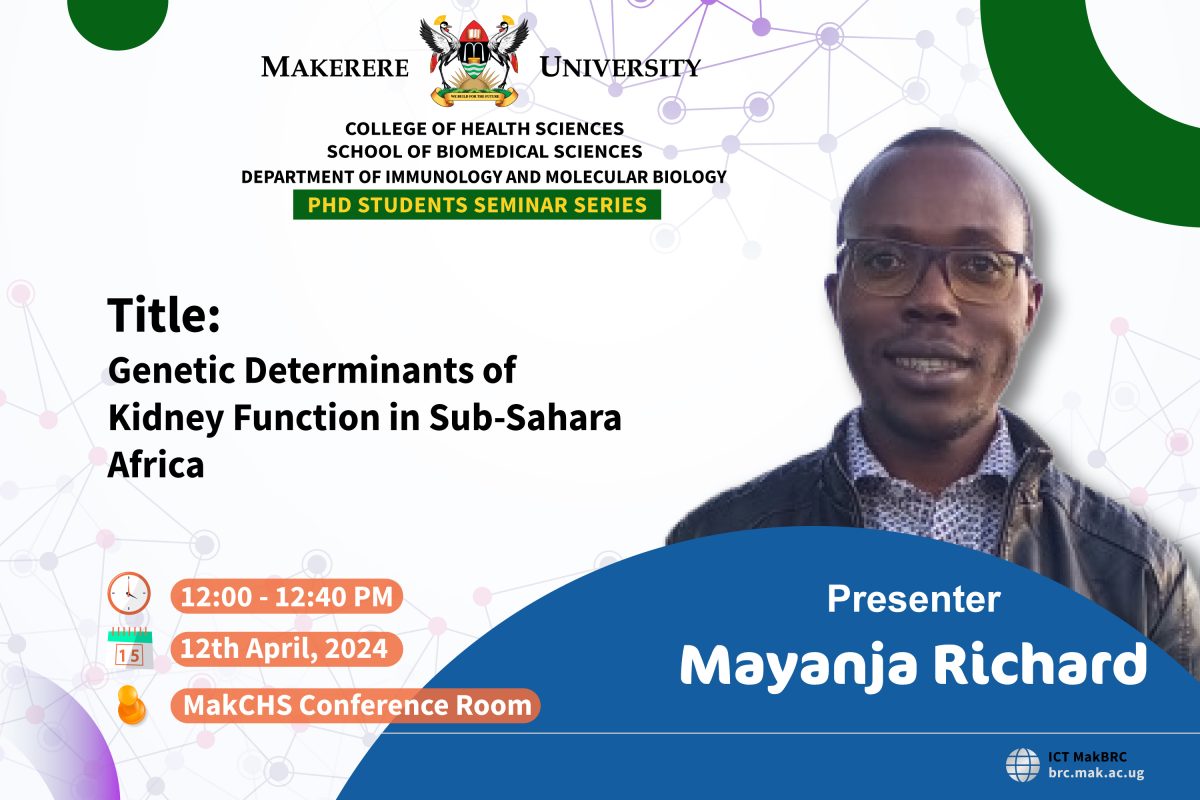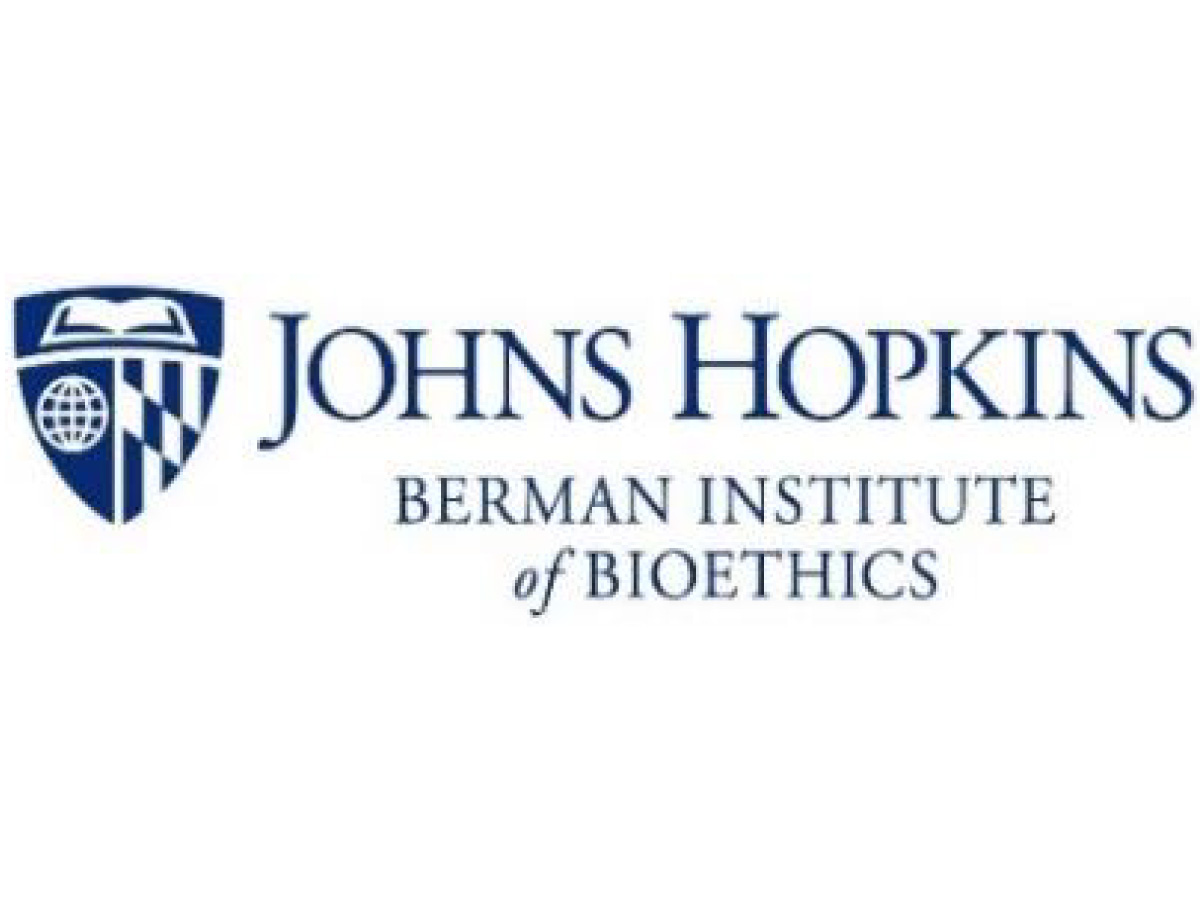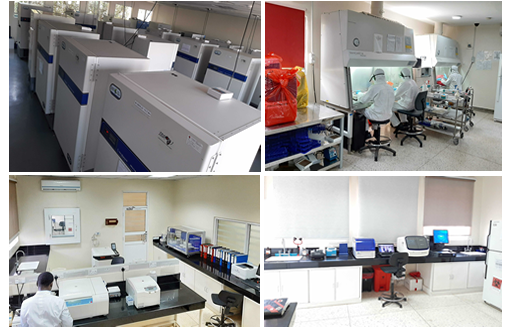| Mayanja Richard
|
Genetic Determinants of Kidney Function in Sub-Sahara Africa |
Classic list
News
Call for Applications
The Johns Hopkins Berman Institute of Bioethics (BI), Makerere University College of Health Sciences (MakCHS) and University of Oxford Ethox Centre (Ethox) invite applications for the Fogarty African Bioethics Post-Doctoral Fellowship Program (FAB-PDF) – an 18-month advanced bioethics postdoctoral training program for scholars from sub-Saharan Africa who hold a bioethics-related PhD. Funded by the Fogarty International Center, NIH, USA, the program focuses broadly on global health ethics, with particular opportunities for fellows to concentrate on issues involving global infectious disease ethics and advanced international research ethics. The fellowship will begin approximately January 13, 2025.
Opportunities
· Complete fellowship activities across multiple institutional contexts:
o 4.5 months based at Johns Hopkins in Baltimore, USA
o 1 month based at MakCHS in Kampala, Uganda
o 1 month based at Ethox in Oxford, UK
o 11.5 months based at the postdoctoral fellow’s home institution
· Access bioethics mentorship, coursework, seminars and scholarly/practice/training networks
· Conduct individual and international collaborative mentored research and writing
· Participate in international global health ethics and research ethics conferences
· Plan and complete a funded global health ethics leadership project
Eligibility
· Current national of a country in sub-Saharan Africa
· Completed a bioethics-related PhD or related doctoral research degree, generally within 5 yrs of the fellowship start
Preference will be given to candidates who:
· Previously completed an NIH Fogarty-sponsored bioethics training (at any level)
· Previously worked on global health ethics, infectious disease ethics, or international research ethics topics
· Have strong discipline-appropriate methods training used to conduct bioethics research and writing
· Have a record of bioethics scholarly publication, presentation, and/or professional service
· Hold a faculty position in an institution of higher-education in sub-Saharan Africa, or demonstrate institutional commitment to providing such a position
Salary/Benefits
· Stipend of $4,707 USD/month (pre-tax) to cover accommodations, meals, and incidentals during the months while in residency at BI, MakCHS and Ethox, plus health benefits
· Airfare, ground transport and visa fees for residency requirements; modest budgets for leadership project, technology and supplies; fee coverage for required courses and conference registration
Applications are due by June 1, 2024, and must be uploaded via Interfolio (https://apply.interfolio.com/
Candidates must submit:
· CV
· Personal statement describing: 1) motivation to pursue the fellowship, 2) nature of previous bioethics training, 3) bioethics scholarly research and writing interests, including description of any works in progress that will be completed during the fellowship, and 4) idea(s) for a potential leadership project (nature of the project, how it aligns with local priorities, personal skills that will be advanced, and any relevant preparations)
· Two (2) letters of recommendation
· One (1) letter of institutional commitment, signaling sufficient leave from employment for all fellowship activities, and a commitment to, at minimum, position retention and support in undertaking the leadership project and in integrating bioethics capacity on completion
· Copies of graduate transcript(s)
For more information, please contact Joseph Ali, JD (jali@jhu.edu) and/or Nancy E. Kass, ScD (nkass@jhu.edu).
NIH Fogarty International Center Grant # D43TW010512
Application Process
Infrastructure Support: Anatomy Department Renovations
Aim: To create a first-class embalming center in the Anatomy department for quality holistic services in Uganda.
The project funder: MakBRC
Contractor: Loyal contractors
MakBRC – Infrastructure Support: Pathology Department Renovations
Aim: To give the department a desperately needed face-lift.
The project funder: MakBRC
Contractor: Loyal contractors
The Catalog provides access to a pool of well annotated Biospecimens and tissues
The Catalog provides an unlimited easy access to high quality Biospecimens, human tissues and organs by potential recipients or researchers. It is a single convenient point of access to a pool of Biospecimens. We’re trusted by many leading research institutions, academic institutes and biomedical companies for diagnostics, health care or basic research. Through the catalog you are able to search and request for biospecimens or human tissues/organs for health care or basic research needs.

The Success Story of MERP Implementation at MakBRC
In today’s dynamic research landscape, the ability to efficiently manage data, streamline processes, and make informed decisions is paramount to success. Recognizing this need for advancement, the Makerere University Biological Resource Center (MakBRC) embarked on a transformative journey of implementing an inhouse Enterprise Resource Planning (ERP) System, the Modern Enterprise Resource Planning system (MERP) developed by the ICT Department. The system is a comprehensive suite with modules designed to revolutionize the way MakBRC operates. From Finance and Human Resources to project Management and Procurement, MERP encompasses all aspects of MakBRC’s operations, providing a unified platform for seamless collaboration and informed decision-making.
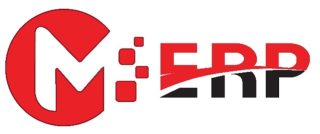 This article explores the remarkable impact of MERP on MakBRC’s operations, highlighting how it has revolutionized processes, enhanced efficiency, and empowered decision-making.
This article explores the remarkable impact of MERP on MakBRC’s operations, highlighting how it has revolutionized processes, enhanced efficiency, and empowered decision-making.
- Streamlining Operations: Prior to the implementation of MERP, MakBRC grappled with fragmented data management systems, cumbersome processes, and limited visibility into its operations. However, with the introduction of MERP, a unified platform was established, seamlessly integrating various functions such as sample tracking, inventory management, and resource allocation. This consolidation of data and processes not only eliminated silos but also enabled real-time access to critical information, fostering collaboration and efficiency across departments.
- Enhancing Efficiency: One of the most significant benefits of MERP implementation at MakBRC has been the dramatic improvement in operational efficiency. By automating repetitive tasks, standardizing procedures, and optimizing workflows, MERP has streamlined operations, reduced manual errors and minimized delays. For instance, the integration of inventory management functionalities has facilitated accurate monitoring of stock levels, leading to better resource utilization and cost savings, real-time visualization into the institution’s finances, and the centralized invoicing platform.
- Empowering Decision-Making: In addition to enhancing operational efficiency, MERP has emerged as a powerful tool for data-driven decision-making at MakBRC. The system provides comprehensive insights into various aspects of research operations, including resource utilization, project progress, and budget allocation. Through customizable dashboards, reports, and analytics tools, stakeholders gain access to real-time performance metrics and trends, enabling them to make informed decisions promptly. MERP equips MakBRC with the intelligence needed to stay ahead in the competitive research landscape.
- Promoting Collaboration and Innovation: Beyond its operational and analytical capabilities, MERP has fostered a culture of collaboration and innovation within MakBRC. By centralizing data and facilitating seamless communication among stakeholders, the system breaks down organizational silos, promoting cross-functional collaboration and knowledge sharing. Researchers, administrators, and support staff can now collaborate more effectively, leveraging each other’s expertise to drive innovation and accelerate research outcomes. Furthermore, MERP’s flexibility and scalability empower MakBRC to adapt to evolving research needs and embrace emerging technologies, ensuring its continued relevance and competitiveness in the global research community.
The MERP System Modules
- Finance Module: The module helps to manage incomes and expenses, track financial transactions and generates financial statements, manage invoices and payments, debtors, and creditors, tracking budgets against expenditures, tracking critical deadlines such as payroll generation, filing of taxes, and real-time invoicing and insights into financial data. MakBRC can make informed decisions to optimize resource allocation and maximize financial performance.
- Human Resources Module: The HR module centralizes employee data, including onboarding, payroll, attendance, and performance evaluations. It streamlines HR processes, enhances employee management, and ensures compliance with labour regulations, fostering a productive and engaged workforce.
- Procurement Module: The procurement module automates the procurement process, from requisition and vendor selection to purchase order management and inventory control. By optimizing procurement workflows and supplier relationships, MakBRC can reduce costs, minimize procurement cycle times, and ensure timely delivery of goods and services.
- Inventory and Supplies Management: This module provides real-time visibility into inventory levels, stock movements, inventory and assets barcoding, and asset tracking. By optimizing inventory control and reducing stockouts, MakBRC can improve operational efficiency, minimize carrying costs, and enhance customer satisfaction.
- Assets Management: This module helps keep track of all institutional assets (hardware and software), track and schedule maintenance for equipment and assets. It helps record and keep track of all valuable organisation’s assets such as computers, servers, laptops, freezers, fridges, benches, laboratory equipment, etc and their respective conditions, maintenance logs and life expectancies.
- Document Management: The module helps to maintain a centralized repository of the organization’s important documents such as templates, SOPs, manuals and agreements. The module is used to create, share, sign and retrieve documents, keep track of the previous versions of the documents and help reduce physical paperwork at the organization.
- Staff Performance Tracking: The module allows the HR and managers to monitor, evaluate, and analyze the performance of their staff. The timesheet system helps keep track of the number of hours worked, additional overtime and make available the completed timesheets to managers, HR, and payroll officers where necessary. It empowers the organization to foster a culture of continuous improvement, enhance employee engagement, and align individual performance with the organization’s strategic goals.
- Projects Tracking, Monitoring & Evaluation System: Facilitating project planning, scheduling, and resource allocation, this module enables MakBRC to efficiently manage projects from inception to completion. With a clear visibility into project timelines and milestones, create and manage project plans and tasks, track project-related time and resources, generate project performance and status reports. The module enables project managers to set project Key Performance Indicators (KPI), monitor the project’s performance, identify potential risks, track deadlines and deliverables, ensure up-to-date projects documents, evaluate the achieved outcomes against predefined objectives, and make data-driven decisions.
- Quality Management: The module provides tools for Quality Control Management focused on consistently meeting customer requirements and enhancing their satisfaction aligned with the organization’s purpose and strategic direction. Managing issues such as meetings action items, internal audits, scheduling tasks/events, workflows, digital suggestion box, occurrence reporting, internal assessment and surveys.
- Customer Relationship Management (CRM) Module: The CRM module centralizes customer data, interactions, and sales pipelines. It enables MakBRC to better understand customer needs, personalize interactions, and cultivate long-lasting relationships, driving customer loyalty and revenue growth.
- Helpdesk: The platform is designed to manage and address internal and external support requests, inquiries, and technical issues. It serves as a single point of contact for employees, customers, or end-users seeking assistance with various aspects of the organization’s products or services.
- Business Intelligence and KPIs Module: Through advanced analytics and reporting capabilities, this module empowers MakBRC to derive actionable insights from its data. By analysing key performance indicators and trends, the organization can identify opportunities for improvement, mitigate risks, and drive strategic decision-making. The module provides basic data analysis and visualizations from the different modules, provides customizable executive and manager level dashboards, and allows the generation of standard reports.
The successful implementation of the MERP system at MakBRC stands as a testament to the organization’s commitment to excellence, innovation, and continuous improvement. The MERP System represents a significant milestone in the organization’s journey towards digital transformation, revolutionized operations, driving efficiency, transparency, and informed decision-making across the organization. As MakBRC continues to leverage the power of MERP, it is poised to achieve even greater success in the years to come.
